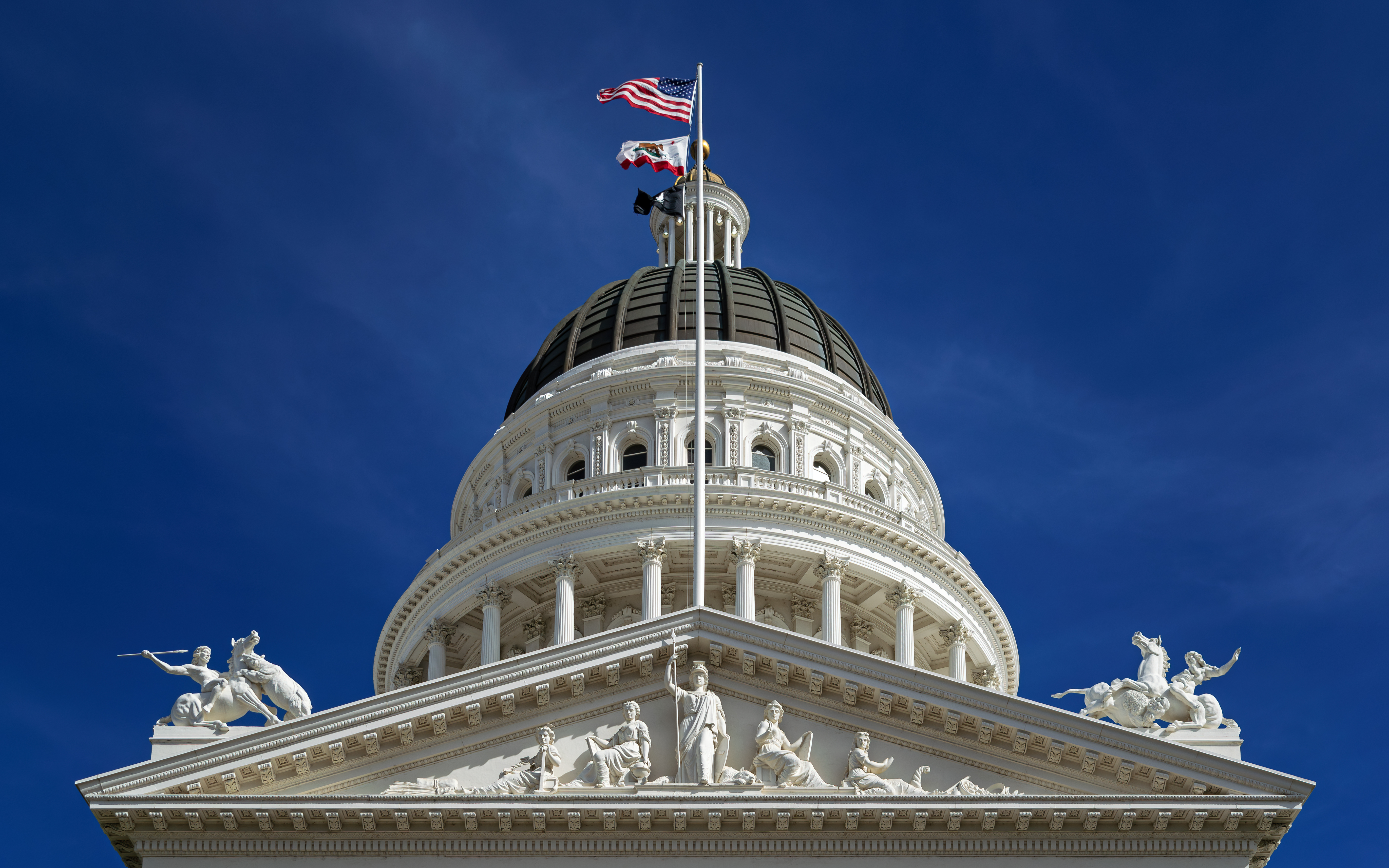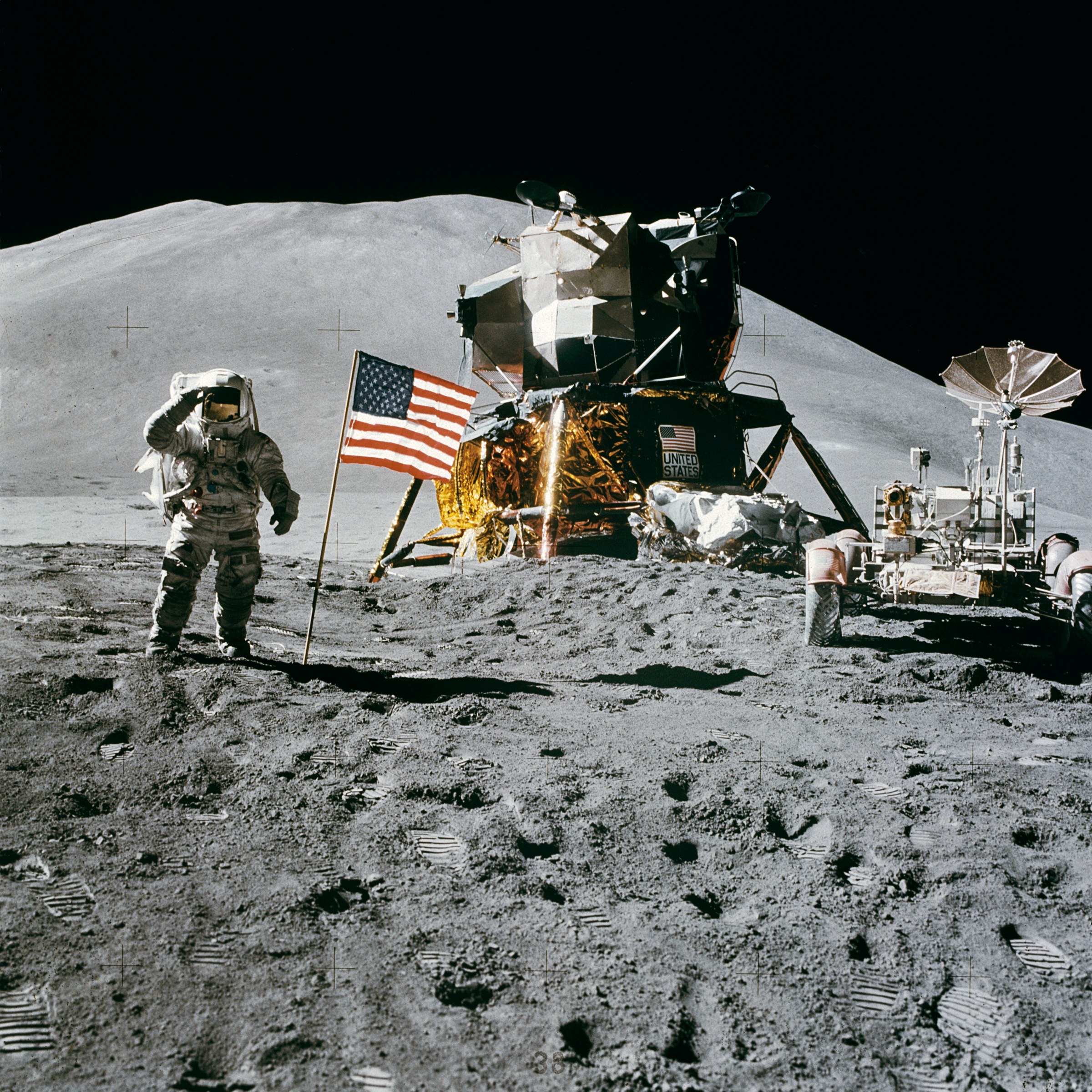While the United Nations continues its decades-long tradition of empty rhetoric and bureaucratic inaction, President Trump demonstrated what actual diplomatic leadership looks like during his high-stakes meeting with Ukrainian President Volodymyr Zelensky at the U.N. headquarters. In a masterful display of America First diplomacy, Trump engaged directly with a key ally while maintaining the strategic leverage that has been conspicuously absent from current foreign policy.
The stark contrast couldn’t be more evident. As U.N. officials shuffle papers and deliver meaningless speeches about “international cooperation,” Trump is conducting the kind of results-oriented diplomacy that ended the Cold War and brought peace to the Middle East during his presidency. This isn’t about photo opportunities or virtue signaling—it’s about American leadership producing tangible outcomes that serve our national interests while advancing global stability.
Trump’s approach reveals a sophisticated understanding of how real diplomacy works. By meeting with Zelensky directly, he’s bypassing the ineffective multilateral bureaucracy that has failed to broker any meaningful progress toward peace. Instead of deferring to globalist institutions that treat American taxpayers like an unlimited ATM, Trump is exercising the kind of executive diplomacy the Founders envisioned—direct, bilateral engagement that puts America’s interests first.
The economic implications of this meeting cannot be overstated. While hardworking Americans struggle with inflation and our southern border remains a crisis zone, the current administration has shipped over $100 billion to Ukraine with little accountability or clear endgame strategy. Trump’s engagement signals a return to the Reagan doctrine of “peace through strength”—supporting democratic allies while maintaining clear boundaries on American involvement and ensuring our generosity serves strategic purposes.
What makes this diplomatic engagement particularly astute is Trump’s timing and positioning. By publicly criticizing the U.N.’s failures in peace-brokering while simultaneously conducting substantive bilateral diplomacy, he’s showcasing American indispensability while exposing the limitations of globalist institutions. This isn’t the apologetic, “leading from behind” approach that has weakened America’s global standing—it’s confident leadership that demands results and accountability from both allies and international organizations.
The constitutional framework here is crucial. Trump is demonstrating how American foreign policy should operate—with the executive branch leading through strength and clear objectives rather than subordinating American sovereignty to international bureaucracies. This approach honors the Founders’ vision of America as a sovereign republic that engages with the world on our terms, not as supplicants to global institutions that often work against our interests.
Patriots should recognize the broader strategic implications of this meeting. Trump’s track record speaks for itself: the Abraham Accords, NATO allies finally paying their fair share, and four years without new foreign conflicts. His engagement with Zelensky suggests he’s building toward actual conflict resolution rather than the perpetual crisis management that has characterized recent foreign policy disasters from Afghanistan to the Middle East.
The intelligence assessment is clear: Trump understands that American strength comes from leading through results, not rhetoric or institutional deference. By using the U.N. platform to showcase American leadership while exposing globalist failures, he’s rebuilding America’s position as the world’s problem-solver rather than its piggy bank.
As this diplomatic initiative unfolds, Americans should watch for concrete peace proposals and measurable progress—the kind of tangible outcomes that have been absent from current foreign policy. Trump’s meeting with Zelensky represents more than just diplomatic engagement; it’s a preview of how America First leadership can restore our nation’s role as the indispensable force for global stability while ensuring our own interests remain paramount.
The choice for America couldn’t be clearer: continued deference to failed globalist institutions, or the return of confident American leadership that produces real results for peace and prosperity.





